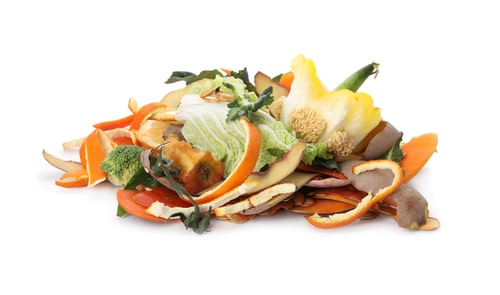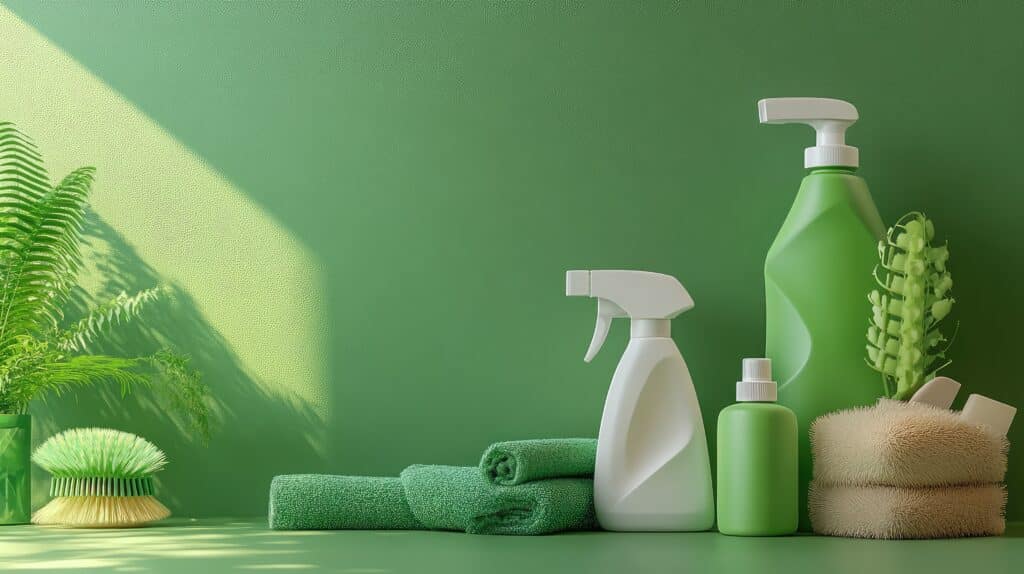Appointments are required.
Updated 7-31-2024
The Stark-Tuscarawas-Wayne Recycling District, along with our partners at the City of Canton and Canton Public Health, run a household hazardous waste collection at the Canton Recycle Center. Appointments are now required. To make an appointment today, click here. For questions about any of the materials below, call us at 330-874-2258 and select option #1. The Canton Recycle Center is open on Tuesdays and Fridays from 9am-3pm unless holiday hours apply. Below is a list of what we collect and do not collect:
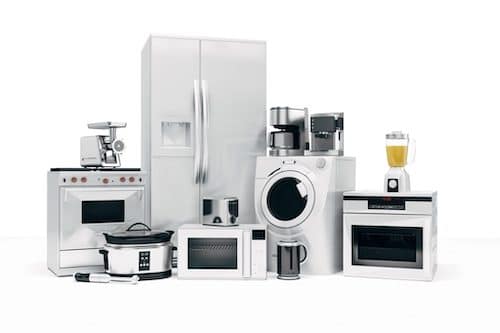
Appliances (small and large)
- Freon does not need to be removed from your fridge or other freon containing appliance.
- No food or other materials may be inside; the Recycling Center has the right to refuse appliances with any food, liquid or other material inside.
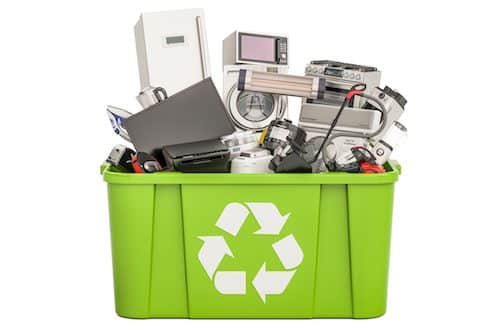
Electronics (all electronics)
- Do not bring the items in a plastic bag.
- A plastic tote or cardboard box should be sufficient. We will return any tote or cardboard box you wish for reuse.
- If you have a large quantity of items, please keep like items together and try to keep them separate.
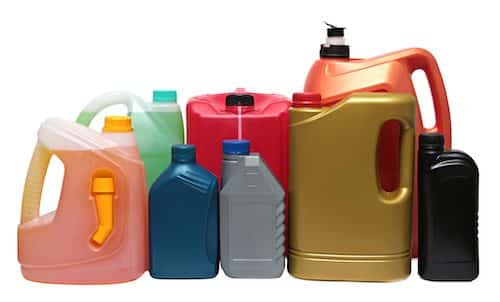
Household Hazardous Waste (Must be from your house and not from a commercial entity or business)– If you are unsure if we accept an item, call 330-874-2258 and select option 1. We accept the following materials:
Click here for a list of materials we accept
(No propane, oxygen, butane, or any other cylinders)
- For your safety, bring your items with vapors in closed containers.
- Bring your materials in plastic totes if there is the possibility of leaking. Your tote will be returned to you if you wish. Do not bring in plastic bags.
- Please make sure that all caps are secured tightly
- All Kerosene, Diesel and Gasoline should be brought in approved containers (plastic gasoline cans with cap secured or laundry detergent jug with secure cap.) Your container will not be returned to you.
- Do not mix bleach and ammonia. This combination can be fatal.
- How to Identify Oil Based Paint– identifying your paint is easy. Look on the back of the paint can for the cleanup section. Oil based paints must be cleaned up by mineral spirits or paint thinner. Latex can be cleaned up with water and soap. We do not accept Latex as it should be reused or thrown away in your trash.
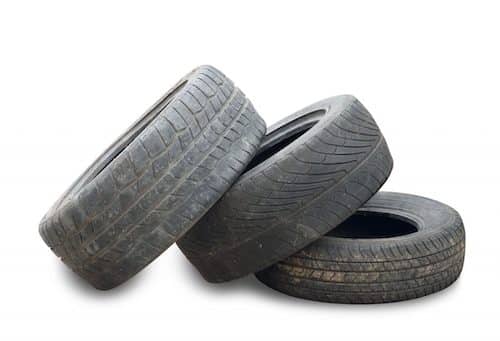
Residentially Generated Tires: Passenger, Light Truck, Lawn Mower, ATV, Bicycle, Motorcycle, 3 wheeler, 4 wheeler Tires, etc. Only (Not for Commercial, Business, Non-Profit, or Churches)
- On/off Rim, residents are allowed 10 tires per person per year
- You may only transport 10 or less at a time. That is the law.
- You must have your ID with you.
- No business/commercial/nonprofit/government/farm tires
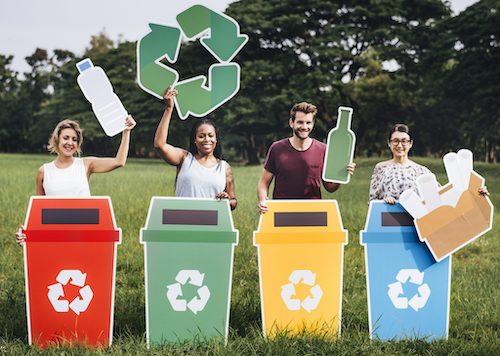
Recyclables
- No Plastic Bags
- You must flatten your cardboard before bringing it to the center
- Paper, metal/aluminum cans, glass bottles/jars, plastic bottles/jugs only: No other material is accepted.
- Items must be clean dry and empty
- Leave your plastic bottle and jug caps on
Please bring your recyclables in reusable containers
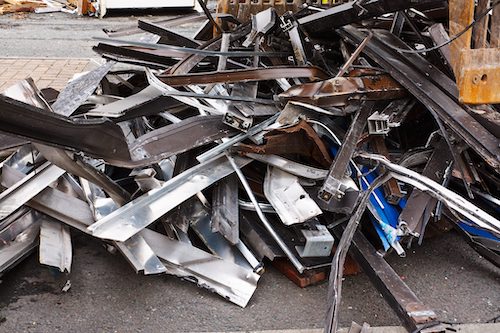
Scrap Metal
We will accept ferrous and non-ferrous metals.
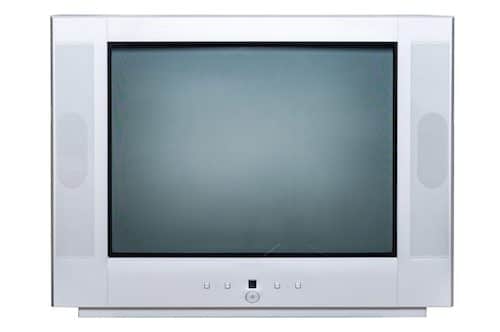
Televisions (Tube style, CRT and Flat Screen)
- Tube style, CRT televisions, and Flat screen televisions will be collected, sent to the landfill and are not recyclable. This is service brought to you by the City of Canton. Flat screen televisions may be recycled at other locations but likely will require a fee.
Non-Acceptable Materials
No batteries are accepted except lead acid batteries (ex. car batteries) All Alkaline batteries are non-hazardous and may be disposed of in your trash. You may take your other rechargeable batteries to a participating store by visiting Call2Recycle to find a participating location near you. You may also get boxes from Call2Recycle for your batteries. These pre-paid boxes ensure your batteries are disposed of properly and do not end up in a landfill. Other household generated batteries may be thrown away in your trash.
No Building Materials– We follow the Ohio EPA’s definitions of building materials here. You can find disposal sites near you by clicking Building Material Disposal Sites
No Clothing– Gently used clothing may be donated to the Salvation Army or other likeminded organizations. Otherwise, dispose of your clothing in your curbside trash.
No Cylinders (Propane, Fire Extinguishers or other tanks) See below.
- https://www.bluerhino.com/about/rhino-feed/recycling-tips for propane recycling. Blue Rhino locations offer a free recycling program for 20# grill tanks. If you have a gas grill propane tank that you no longer need and would like to recycle, write “RECYCLE” on the tank and take it to any Blue Rhino location. Blue Rhino will collect the tank and refurbish it if possible. If the tank does not meet the company’s safety and quality standards, they will recycle the tank. Blue Rhino will accept any standard gas grill tank, including other brands. This is also the most common form of propane tank used.
- Small propane or butane canisters for a camp stove, lantern or torch (usually 2# or less) are not refillable and can be recycled through a scrap metal yard. Make sure the canister is empty by attaching it to the device it is used with and allowing the gas to run until it’s gone or use a tool to decompress the item. If there is no scrap metal recycling available, and all the gas is released, the canister may be discarded in the trash. Refrigerant gas, welding tanks, and medical cylinders should be disposed of or recycled through the company it was purchased or received.
- Empty helium balloon tanks that were purchased from a retail store should be punctured and recycled at a local scrap metal yard. You may receive a rebate. Follow the disposal instructions that came with the tank or see these instructions from Balloon Time. Helium tanks are not accepted in the household hazardous waste disposal program. https://www.balloontime.com/how-to/recycle/
- Medical cylinders should be disposed or recycled through the company it was purchased or received. Check with your medical supplier for details about their takeback or exchange program. If you are unable to determine where the oxygen tank came from, recycle the tank at a scrap metal yard near you. Determine if the tank is aluminum or stainless steel (magnets stick to stainless steel, not aluminum). Find a scrap metal yard by visiting timetorecycle.org. Call ahead to confirm that they accept stainless steel or aluminum tanks and what their requirements might be for accepting these cylinders.
No DEA regulated material and bio-medical waste–
Drugs and other substances that are considered controlled substances under the Controlled Substances Act (CSA) are divided into five schedules. An updated and complete list of the schedules is published annually in Title 21 Code of Federal Regulations (C.F.R.) §§1308.11 through 1308.15. Substances are placed in their respective schedules based on whether they have a currently accepted medical use in treatment in the United States, their relative abuse potential, and likelihood of causing dependence when abused. Some examples of the drugs in each schedule are listed below.
No Explosives– Contact your local PD to report explosives that are found or how to properly dispose of these items.
No Furniture/Carpet– check with your hauler to see if there is an extra charge to take it to the landfill. If they don’t have a process OR do not take the items, visit Building Material Disposal Sites
No Latex Paint– Latex paint should be dried out using kitty litter, newspaper or sand. Once dried, it can be thrown away. We will not accept this at the Recycle Center.
No Mattresses– Mattresses may require special preparation. Call your waste hauler first to see what they require to safely pick this item up. If they do not, you may call Kimble in Canton and what you need to do to drop it off yourself.
No Plastic Bags– Plastic bags should be thrown away and are not recyclable.
No Smoke Detectors– A smoke ionization detector can be returned to the manufacturer for proper disposal or you can legally dispose of it in the regular trash. Manufacturers of smoke detectors are mandated by the Nuclear Regulatory law 10 CFR 32.27 to see that the radioactive waste is disposed at a nuclear waste disposal facility. When sending back a smoke detector, do not take it apart. Return the entire smoke detector by ground mail (not air mail). Before shipping, remove the batteries and place them in the trash. No special packaging is needed for your smoke detector. Just put it in a box, maybe with some newspaper for padding, and send it. You must call the company before sending. If you are unable to return a smoke detector to the manufacturer, place it in the regular garbage for disposal. Smoke detectors are not accepted in our hazardous waste disposal program.
No Toys– Dispose of your toys in your trash or take them directly to the landfill for larger items.
No Tractor, Bus, or other commercial/business/non-profit, church tires– Contact Liberty Tire (330-868-0097) (Stark County) for disposal for these tires.
No Trash– Dispose of your trash in your curbside trash or contact a local hauler for special requests.
No Yard Waste– The Recycling District has sites in Stark, Tuscarawas, and Wayne Counties for residents only. To find a site near you, click on Yard Waste Disposal Sites.
